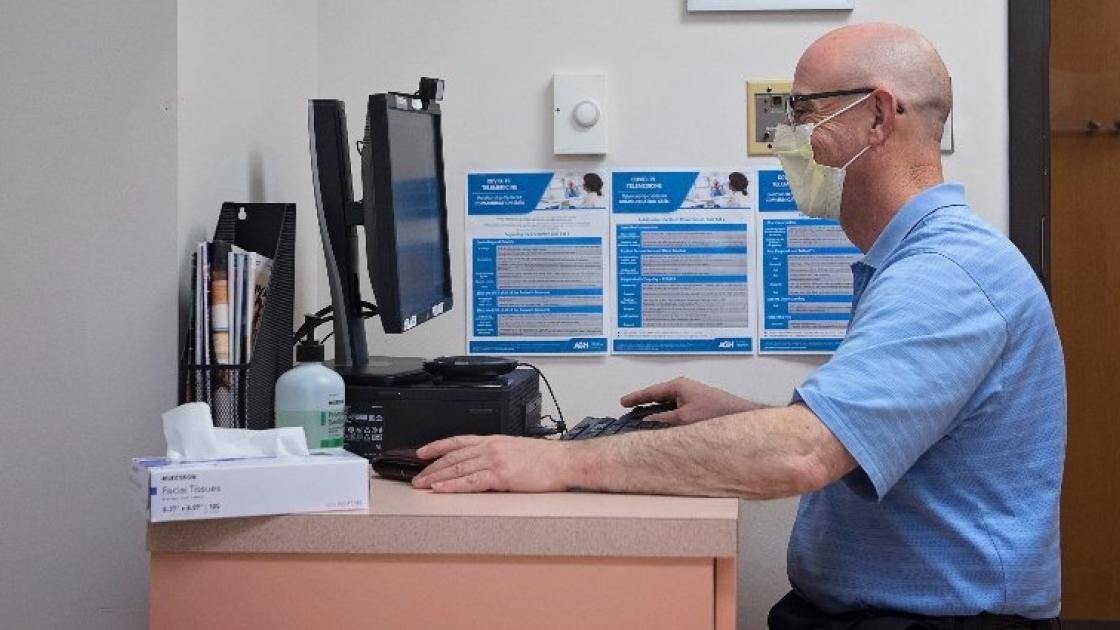
The five reasons you need a primary care doctor
It doesn't matter where you are on your health journey and what sort of challenges are going on around you. Having a trusted and knowledgeable healthcare professional in your corner can provide you with a lot of peace of mind. But that's certainly not the only benefit. Check out these top five reasons why our team at SIU Medicine strongly encourages people to build a relationship with a primary care doctor in their area.
Five reasons you need a primary care doctor
1. You're more likely to follow through on important health and wellness habits
A study from JAMA Internal Medicine found that adults who have primary care doctors are more likely to undergo important screenings (e.g., cancer screenings) and routine preventive visits compared to adults who aren't connected with a primary care physician. People who establish relationships with a primary care doctor are also more likely to fill important prescription medications, which suggests that they may be able to manage their chronic health conditions more effectively.
2. You can save money and time
A primary care doctor can perform multiple health and wellness services, such as blood tests, immunizations and a physical examination, within one simple visit. Not only does this spare you the time and energy you would have used to go to multiple offices, but it can even save you money over time by lowering your health care costs thanks to earlier screenings, treatments, and preventive interventions.
Having a primary care doctor can also mean better-coordinated care to avoid unnecessary emergency department visits, tests and redundant care. The emergency department, urgent care clinics and hospital all have higher costs for many of the same services. Insurers offer incentives or reduced co pays for essential preventive services to further reduce out of pocket costs. Globally, countries that have a well-established primary care system have reduced costs and better outcomes than those that are specialty based.
3. Access to specialists
Having a primary care doctor at SIU Medicine gives you access to its wide network of specialists, including cardiologists, surgeons, gastroenterologists and oncologists. Your doctor will likely have helpful recommendations for specialists since he or she is familiar with your health care goals.
4. You'll always have an advocate on your side
Primary care physicians—including medical doctors, physician assistants, and nurse practitioners—are great advocates to have on your wellness team. Since they have the opportunity to really get to know you, your goals, and your needs, they can help you make important decisions, promote continuity of care, and help you connect with other specialists who may become important partners in your health journey.
5. Better health—for longer
Research consistently shows that people who have primary care physicians have better health overall and even tend to live longer. Stanford University found that life expectancy in the U.S. increased by 51.5 days during the 2005 to 2015 decade for every 10 additional primary care doctors per 100,000 people.
SIU Medicine attracts some of the brightest primary care physicians in the area thanks to our culture of research, development, education, and compassionate and evidenced-based care. If you're looking for a primary care doctor near Springfield, Illinois, who you can trust with your health and well being, contact SIU Medicine at 217-545-8000 to schedule a consultation today. We'd be honored to get to know you and join your wellness team.




